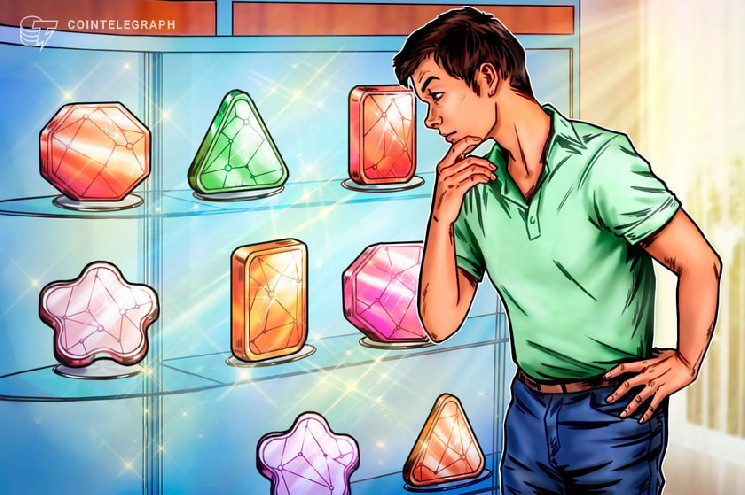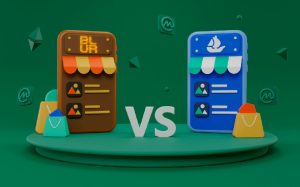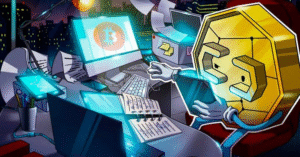Several studies reveal that NFT sales and pricing are influenced by luck, rarity, and positive outlooks.

Studies Uncover Factors Motivating Movement in NFT Market
A trio of studies published in November shed light on the social and psychological factors that drive movement in the non-fungible token (NFT) market. Researchers from Western University in Canada, Tilburg University in the Netherlands, the University of North Carolina at Chapel Hill in the U.S., and Rennes School of Business in France conducted three independent studies, which found that personal experiences, luck, asset scarcity, and consumer optimism were key drivers for market movement in the NFT space.
NFT Market Movement
In a study conducted by Guneet Kaur Nagpal of Western University and Luc Renneboog of Tilburg University, titled “On Non-fungible Tokens, Blockchain Hypes, and the Creation of Scarcity,” the researchers analyzed the market dynamics of “Crypto Punks,” a popular series of NFT assets. The study found that buyers who were already invested in Ethereum, the blockchain on which CryptoPunks assets reside, were more likely to engage in the market at higher costs and also saw higher gains. The researchers also noted that Ethereum gains and losses did not necessarily affect the price of NFTs but did influence the decision to sell or resell assets. Additionally, the study established that the creation of rarity, for both CP types and accessory combinations, which can be captured by statistical and visual measures, determines pricing.
Counterintuitive Findings
In a separate study entitled “Personal Experience Effects across Markets: Evidence from NFT and Cryptocurrency Investing,” researcher Chuyi Sun of the University of North Carolina at Chapel Hill examined transaction-level data from “about one million” wallets to study how “personal experiences” contributed to bubbles in the NFT market. The study found that NFT investors who randomly received more valuable NFTs in the primary market were more likely to participate in subsequent primary market sales. They also found that investors who randomly received more valuable NFT tokens were more likely to eventually purchase “more lottery-like” cryptocurrencies.
A third study, conducted by Akanksha Jalan and Roman Matkovskyy of Rennes School of Business, titled “The Impact of Experience, Overconfidence, and Optimism on Future Cryptocurrency Ownership,” dove into the dynamics surrounding investor optimism and their impact on the cryptocurrency and NFT markets. The researchers found, counter-intuitively, that negative past experiences and investor optimism both positively affect the odds of future cryptocurrency and NFT ownership. This suggests that individuals with negative experiences with cryptocurrencies continue to show interest in the asset class, possibly reflecting a form of self-serving bias.
The findings from these studies provide valuable insights into the factors driving market movement in the NFT space, shedding light on the personal experiences, luck, and consumer optimism that play a pivotal role in the NFT market.

I have over 10 years of experience in the cryptocurrency industry and I have been on the list of the top authors on LinkedIn for the past 5 years. I have a wealth of knowledge to share with my readers, and my goal is to help them navigate the ever-changing world of cryptocurrencies.








